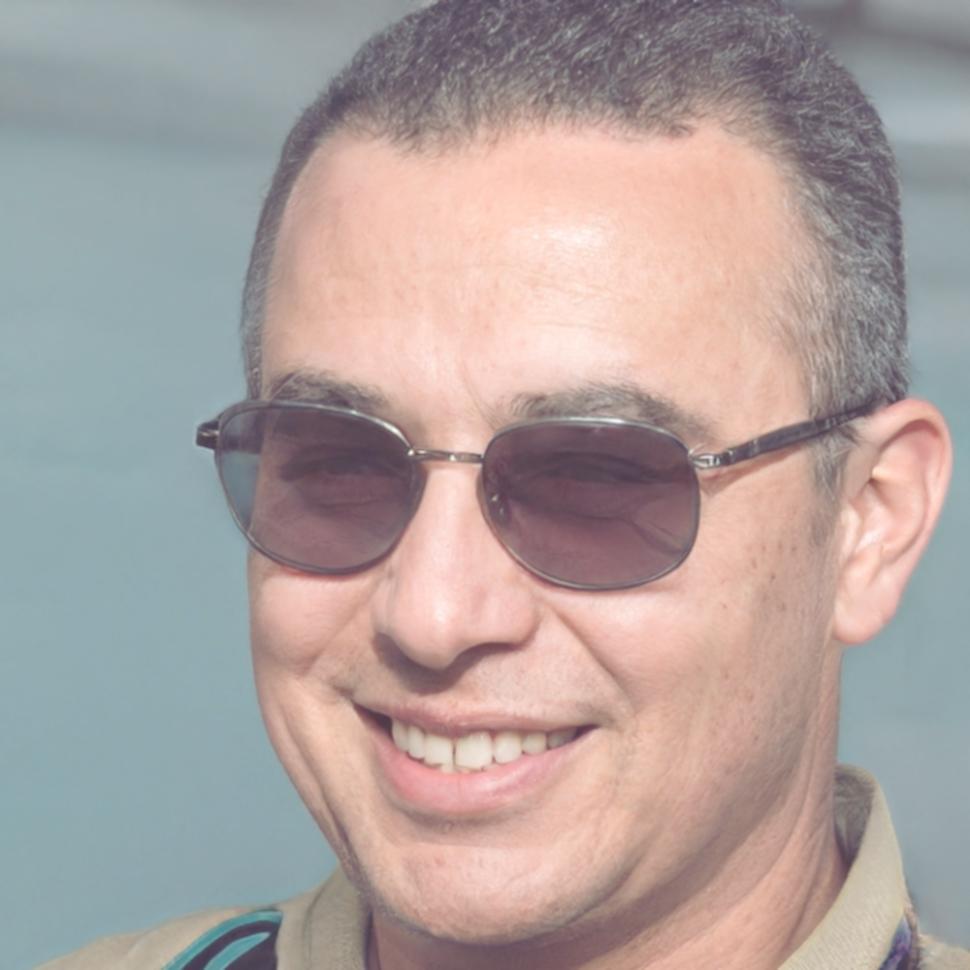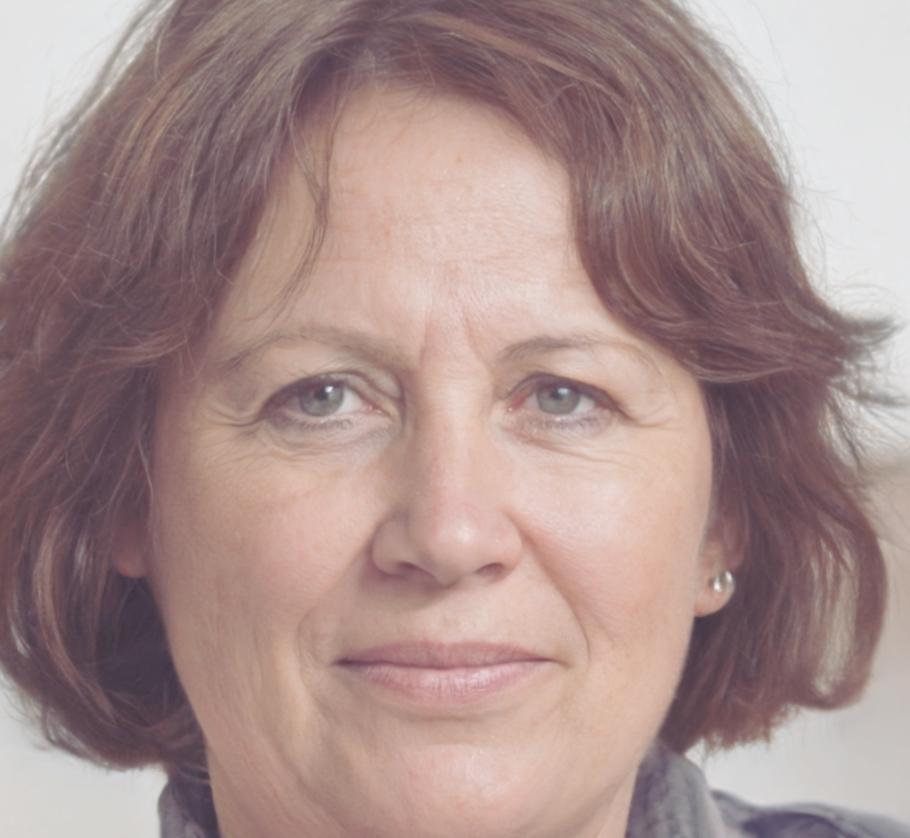Our Teaching Philosophy
We believe financial literacy isn't about memorizing formulas—it's about understanding how money actually works in your life.
Over the past eight years working with individuals across Poland, we've learned something important. Most people don't need complex investment strategies right away. They need clarity on their current situation and practical steps they can take today.
That's why our approach focuses on building confidence through understanding, not overwhelming you with theory you'll never use.

Start Where You Are
We've seen too many financial programs that assume everyone starts from the same place. In reality, some people come to us managing family businesses, others are fresh out of university, and many are somewhere in between trying to figure out retirement planning.
Our methodology adapts to your actual situation. During initial consultations in early 2025, we noticed patterns—people often underestimate what they already know and overestimate what they're missing.
Real Numbers
Work with your actual finances, not hypothetical examples that don't reflect reality.
Honest Assessment
Identify genuine knowledge gaps rather than rehashing what you already understand.
Your Timeline
Progress at a pace that fits your learning style and available time commitment.
Practical Focus
Learn concepts when you need them, not just because they're part of a curriculum.
How We Structure Learning
Our three-phase approach emerged from watching what actually helps people make better financial decisions. It's not rigid—some folks move through phases quickly, others spend more time on fundamentals.

Foundation Building
Most people skip this part and jump straight to investing or tax optimization. But we've found that understanding your current cash flow and spending patterns prevents costly mistakes later.
We map out where your money goes now—not to judge your choices, but to create a baseline. One participant last March discovered they were spending 180 PLN monthly on subscriptions they'd forgotten about. Small stuff adds up.
- Document income sources and irregular earnings patterns
- Track actual spending across different categories for context
- Identify financial obligations and commitments you're locked into
- Spot opportunities for immediate optimization without lifestyle changes

Strategy Development
Once you understand your baseline, we look at building strategies that match your actual goals—not generic advice that sounds good but doesn't fit your situation.
This phase takes longer because it's personalized. Someone saving for their kid's education needs different approaches than someone planning early retirement. We explore options, run scenarios, and discuss trade-offs honestly.
- Define specific financial objectives with realistic timeframes
- Evaluate different saving and investment approaches for your context
- Understand risk in practical terms related to your circumstances
- Create flexible plans that adapt as your situation changes

Implementation Support
Knowledge means nothing without action. This phase focuses on actually executing your financial strategy—opening accounts, setting up automatic transfers, adjusting withholdings, whatever your plan requires.
We don't just hand you a plan and wish you luck. Implementation gets messy. Banks have confusing interfaces. Tax forms are intimidating. Having someone walk you through it the first time makes a difference.
- Set up practical systems for managing money consistently
- Navigate administrative requirements and financial institutions
- Establish review routines to monitor progress and adjust as needed
- Build confidence in making financial decisions independently
Ready to Start Learning?
Our next comprehensive financial education program begins in September 2026. We keep groups small—typically eight to twelve participants—so everyone gets individual attention. If you're interested in joining or want to learn more about how our methodology might work for your situation, let's talk.
Get in Touch